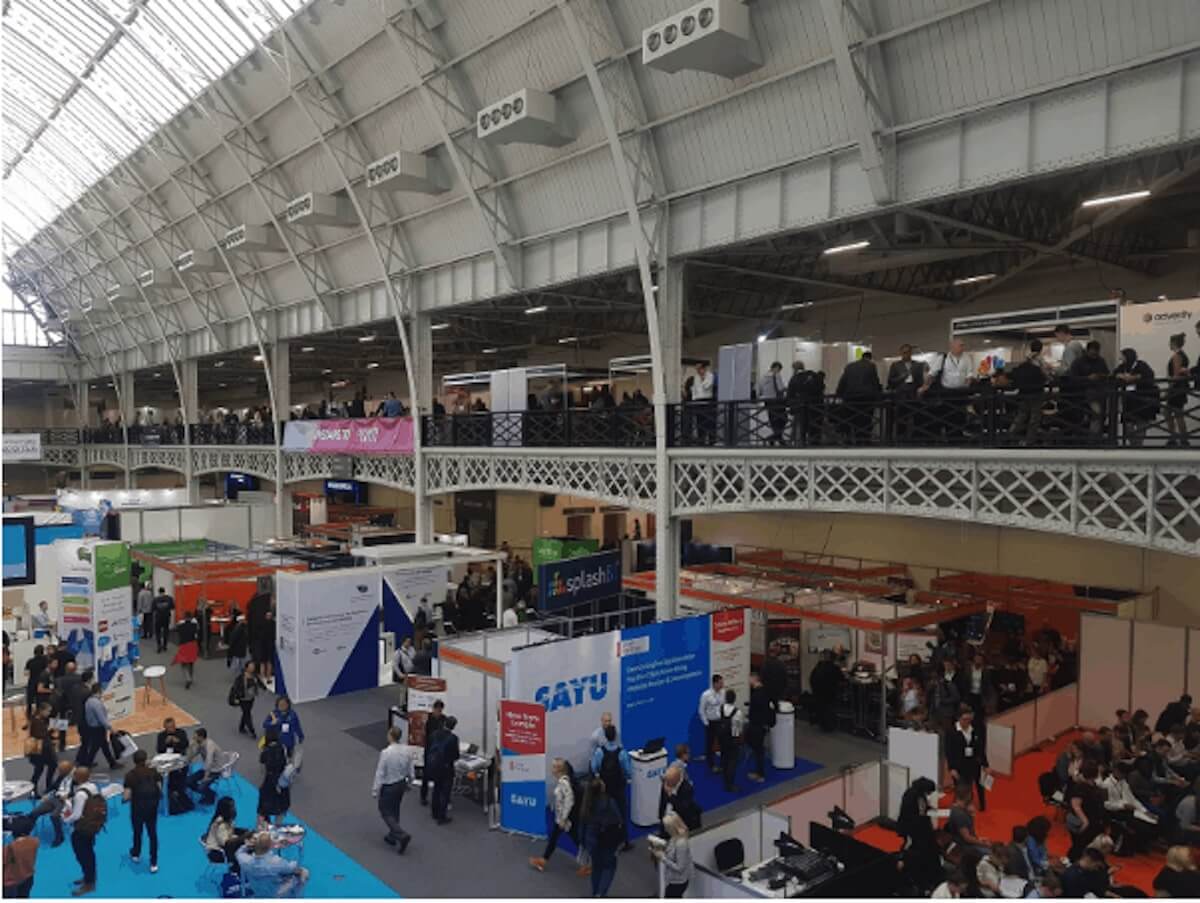Deploying adTech effectively to leverage insight-driven audience segments in a way that respects the principles of GDPR while delivering results is challenging. It's not something that's going to be solved by one party - vendor, agency or in-house team - but through a collaborative approach, using expertise from a variety of skill sets.
Last week I attended Technology for Marketing – a free annual 2-day event held at Olympia London. This year’s event was co-located with eCommerce Expo and adTech London, so attendees could hear from a variety of speakers and explore emerging technologies. For me, I wanted to catch-up with adTech and data technologists, to find out how they were coping with campaign activation via adTech and the impact of this in a post-GDPR world. To find out more, I also attended several of the keynote sessions at the event and have noted my key takeaways below. One theme ran through all sessions: the emerging popularity of taking your marketing, advertising and other disciplines in-house. Simple steps to in-house your digital media buying
Speaker: Steve Hyde, Chairman, iotec Global
Key takeaways:
- If embarking on in-housing, companies should consider the desired outcome first and work towards that
- Use a flexible strategy to help resolve transitional issues and adapt to the rapidly changing technological landscape
- When media buying, companies need to think about the resources and insights available in-house so they can make effective decisions
- In-housing will lead to data being owned by the company and not media buying agencies
- Greater insight into this data will lead to improved campaign performance, helping deliver the right message, into the right environment to drive the greatest impact
- A methodology should be applied to successfully take media buying in house:
- See – full transparency and reporting
- Do – subcontracted self-serve
- Own – full and owned stack
- Within five years a third of marketing decisions will be automated. When this is combined with the shift towards in-housing in the media buying space, it will lead to dramatically scaled down media agencies and a leaner, more decisive industry.
Revealing the truth: data challenges and opportunities advertisers face in 2018 and beyond
Session moderator: Chris Dobson, CEO at The Exchange Lab
Participants:
- Kath Ludlow, MD at Four Engage
- Ben Foster, Director of Digital MC&C
- Nick Suckley, Digital Partner, GoodStuff
Key takeaways:
- Taking advertising in house, particularly around adTech, may have been borne out of a lack of innovation by agencies and transparency around billing. This trend has seen more companies taking on implementation and execution in-house
- Post-GDPR there’s been a shift towards clients wanting to feel like they own their data, whereas previously agencies owned the data and reported back to the client
- If a client takes their adTech in house and wants to implement the platform, agencies should position themselves as strategic guides, helping the client combine the right data to fuel campaigns
- If the same methodology is used repetitively it will become stale and performance will suffer
- Proprietary platforms are being used to provide clients with access to insight previously unavailable to them. This is helping supercharge audience segments and build more effective campaigns
- Taking adTech in-house is challenging, particularly when trying to build a multi-disciplined team who can use programmatic and adTech to drive high-quality outcomes
Living in a post-GDPR world
Session moderator: Celine Saturnino, CCO at Total Media
Participants:
- Fedelma Good, Director, PwC
- Ian James, CEO & Founder, Fluency
- Nicola Roviaro, Head of EMEA Data Protection & Privacy Specialists, Google
Key takeaways:
- GDPR is an opportunity to improve operations. More relevant second party data can be used in a collaborative way so there is less reliance on poorly constructed third-party data with no permission
- Cookie consent is still widely misunderstood by consumers. Many don’t know what they are being asked to consent to
- Linked to this, there appears to be a disconnect between consent on open vs. logged in versions of a site. Do customers understand this?
- GDPR has boosted user engagement due to privacy notices that enable users to manage their own privacy settings. Management must be clear and easy
- Personalisation is the key to unlocking value for brands and the emerging trend of bringing MarTech in-house to control data and consent may support this
- Personalised vs. personalisation – they’re different things. Brands must help customers understand when the scope moves into GDPR territory
- When handling data be confident of the origin and understand the supplier’s contract terms to protect your brand.
In summary, deploying adTech effectively to leverage insight-driven audience segments in a way that respects the principles of GDPR while delivering results is challenging. It’s not something that’s going to be solved by one party – vendor, agency or in-house team – but through a collaborative approach, using expertise from a variety of skill sets. Our proprietary software, the Agent3 Platform facilitates the creation of insight-driven audience segments regardless of team make-up, ensuring that when we activate through our programmatic and adTech partners we can be confident that we’re delivering the right campaign content, to the right people at the right time in the most impactful way. If you’re interested in receiving a regular overview of the hottest news in ABM, MarTech and AdTech, subscribe to our bi-monthly update. Just fill in your email address on our website stg.agent3.com
